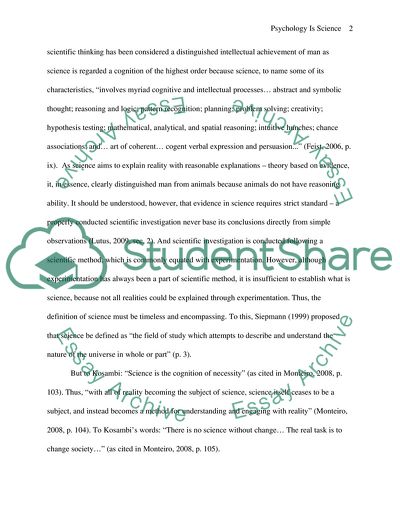Cite this document
(Philosophical Issues: Is Psychology a Science Assignment, n.d.)
Philosophical Issues: Is Psychology a Science Assignment. https://studentshare.org/psychology/1726156-philosophical-issues-is-psychology-a-science
Philosophical Issues: Is Psychology a Science Assignment. https://studentshare.org/psychology/1726156-philosophical-issues-is-psychology-a-science
(Philosophical Issues: Is Psychology a Science Assignment)
Philosophical Issues: Is Psychology a Science Assignment. https://studentshare.org/psychology/1726156-philosophical-issues-is-psychology-a-science.
Philosophical Issues: Is Psychology a Science Assignment. https://studentshare.org/psychology/1726156-philosophical-issues-is-psychology-a-science.
“Philosophical Issues: Is Psychology a Science Assignment”. https://studentshare.org/psychology/1726156-philosophical-issues-is-psychology-a-science.


